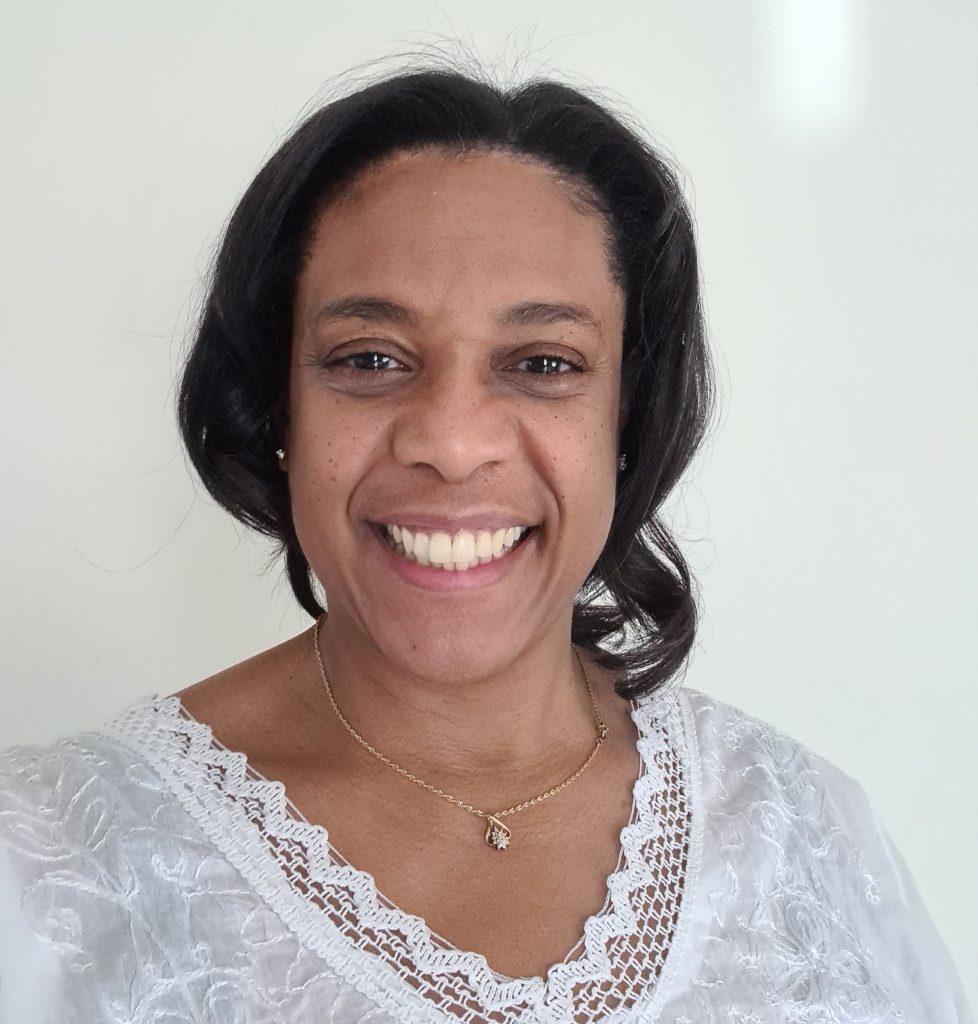Is it another fad, this self-care thing?
Self-care has gained a bit of a bad rap over the years. It’s often seen as ‘fluffy bunny stuff’, expensive and time-consuming. There’s a lot of information out there and it can be confusing – an internet search for ‘self-care’ returns billions of results.
But have you really thought recently about why we need self-care? It’s more than having a weekend away or a spa day. Self-care is about how we recharge, re-energise and reconnect with our loved ones and the world around us.
In short, life is tough; we need downtime.
OK – maybe now you’ve had had a think, and you’ve decided it sounds good, this self-care thing: and actually, you’re feeling a bit less than your usual self. But what kind of self-care do you need?
Yes, there are many different kinds. Let’s say you try meditation, but find yourself falling asleep. Well then, better sleep may be exactly the self-care you need right now! This rebooting that we all need will consist of different processes at different times.
As a physician and a career coach, my view is that self-care is about maintaining all aspects of health, and there are many facets of good health! Some of these I’m sure you’ll know already, but some may come as a surprise. Here are my 7 pillars of self-care.
1. Physical health
An easy one to get hung up on, especially if viewed as a chore, punishment or means to an end.
Dance to your favourite music, practice yoga, train for an iron man event, or anything in-between – all of these are physical activity.
Physical health is not just about movement. Make your bedroom a sanctuary of sleep and rest – and some fun(!). Eat well, be sensible. Enjoy the occasional treat (yes, it’s allowed!). Go to the dentist. Get a massage.
Most importantly, we are not all made the same, so why should we all look the same, eat the same or sleep the same? There is the element of you in all aspects of self-care.
2. Mental health
No need to become a Tibetan monk: there are steps you can take to cultivate and maintain a healthy mindset.
Focus on what you can control. Let go of perfectionism. Slow down. Breathe deep.
Honour your spirituality, your values and your beliefs: this may or may not include religion, that’s up to you.
Get help when you need it, accept it when it’s offered.
Play (this is a game changer!). Get outside. Try new things. Don’t skip holidays!
3. Emotional health
This is about finding healthy ways to cope with your, thoughts, feelings and emotions.
Find a mentor, coach, or friend to speak with. You may need all three at different times in your life.
Try gratitude practice or journaling. Become a volunteer. Read for fun. But equally, it’s OK to just want to watch movies or TV.
Take something off your plate: delegate. Or more literally: don’t cook, order in!
And remember you are allowed to lose it sometimes. You’re human.
4. Social health
No person is an island. Form and maintain healthy relationships. Be kind, but set boundaries.
Do enjoy spending time with others but don’t let this become a chore. It’s OK to turn down that party or dinner invite!
Limit social media time, especially last thing at night and first thing in the morning.
5. Environmental health
Your space often reflects your thought processes. Methodical people rarely have chaotic spaces. However, feng shui is not the aim here (unless you want it to be).
What does your current space or place, office or home, look and feel like? Who do you share it with?
Should you get a house plant or pet? Do you need a tidy-up or declutter?
Even small changes can yield Zen results!
6. Professional health
Are you in the right role in right organisation? Do enjoy what you do and where you do it?
Yes, you can have a successful career and a happy life! Here’s a little grid I use with my clients.
| Wrong Job | Right Job | |
|---|---|---|
| Wrong Place | Don’t ignore this energy sapper | Time for a different department, organisation, location? |
| Right Place | Time to pivot? Apply for that new role! | Yeah! Good on you |
7. Financial health
Time for some serious adulting! This is a pivotal part of self-care, and for many of us a scary one. It’s too easy to bury your head in the sand when it comes to planning your financial future.
Is it time for a financial review? Or time to start up that side hustle you’ve been dreaming about? Get sound professional advice if you’re a novice like me.
…and finally
Things to remember when you make self-care a priority:
- Self-care is personal to you. It’s about what you need to maintain a healthy, happy life.
- Self-care is about doing the things that refresh and energise you; you will need different things at different times, and that’s ok.
- Self-care is an investment in you – and you certainly deserve it!

Dr. Pauline Morris is a practicing consultant anaesthetist, a certified life and career coach and RMBF volunteer. She is the founder of Doctors Caring for Doctors , which helps doctors discover how to have a successful career and fulfilled life. You can follow Pauline on Instagram, Facebook, Twitter, and LinkedIn.
